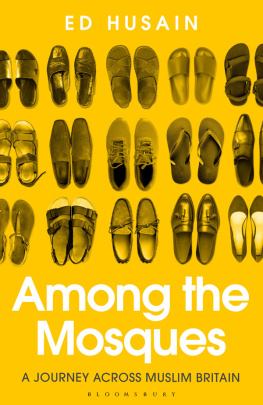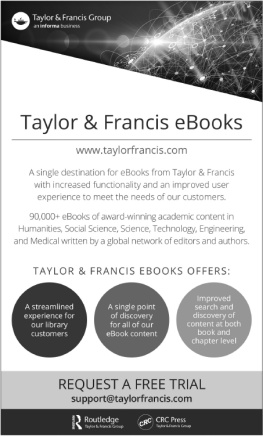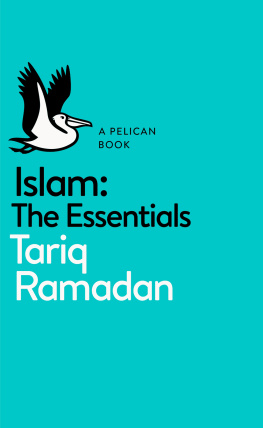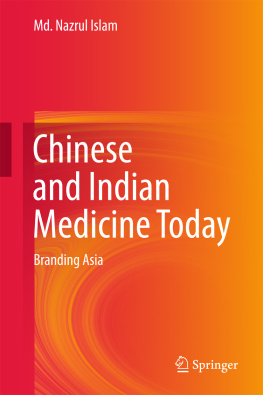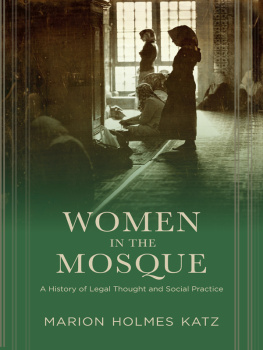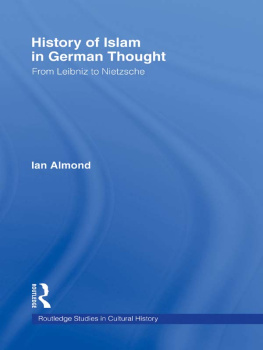THE HISTORY OF WOMENS MOSQUES IN CHINESE ISLAM
THE HISTORY OF WOMENS MOSQUES IN CHINESE ISLAM
A MOSQUE OF THEIR OWN
Maria Jaschok
and
Shui Jingjun
CURZON
First Published in 2000
by Curzon Press
Richmond, Surrey
http://www.curzonpress.co.uk
2000 Maria Jaschok and Shui Jingjun
All rights reserved. No part of this book may be reprinted or reproduced or utilised in any form or by any electronic, mechanical, or other means, now known or hereafter invented, including photocopying and recording, or in any information storage or retrieval system, without permission in writing from the publishers.
British Library Cataloguing in Publication Data
A catalogue record of this book is available from the British Library
Library of Congress Cataloguing in Publication Data
A catalogue record for this book has been requested
ISBN 0700713026
Dedication
For our mothers, Hildegard Jaschok and Sbao Ximei
For our sisters, Hap Bryant and Yang Dongling
This book was produced over a long, at times arduous, but always challenging period of international collaboration. It could not have succeeded without a community of support which extended from Zhengzhou, Beijing, Hong Kong via Melbourne to Oxford. We are grateful to the Henan Academy of Social Sciences, Hong Kong University (Centre of Asian Studies), Oxford University (Centre of Cross-Cultural Research on Women), Monash University (Centre of Womens Studies & Gender Research) for facilitation of research and writing and to the Ford Foundation for generous funding. We received support, at different stages of project gestation, from colleagues and friends too numerous to mention whose interest and unflagging patience carried us through several difficult phases. Particularly crucial were the many opportunities we enjoyed over the years for debate and critical reflection, for encouragement and inspiration, but also for respite and revitalisation, which came to us from Cecilia Young, Elizabeth Sinn, Carl T. Smith, Edward Chen, Maryanne Dever, Denise Cuthbert, Ludmilla Kwitko, Elisabeth Croll, Cecilia Milwertz, Shirley Ardener, Helen Callaway, David Faure, Nadia Abu-Zahra, Mary-Ann Burris, Anthony Saich, Feng Jinyuan, Lin Changkuan, Hap Bryant, Du Nu Ahong, Guo Nu Ahong, Dan Ye Shetou, Zhao Baoyou.
Editor | Maria Jaschok |
Co-authors | Shui Jingjun (II.2, III, IV, V) |
Maria Jaschok (I, II. 1, VIII, IX, X, XI, Epilogue) |
Contributions | Wang Yufen (VI) |
Zhu Li (VII) |
Guo Chengmei (XII) |
Ba Ahong, Yang Yinlian Ahong, Shui Zhiying (XII) |
Ding Yanmin () |
Translators | Huang Yan (Maria Jaschok) |
Reader | Hap Bryant |
Cartographer | Kitty S.L. Lai |
MAP 1: Distribution of the Hui population
ACHA | All-China Huijiao (Islamic) Association |
ACWF | All-China Womens Federation |
HIY | Muslim Emergency Refuge |
NPC | National Peoples Congress |
SHUI JINGJUN (co-author): In October 1996, Zhu Li and I went to Zhoukou, a well-known Muslim community to conduct an investigation for the project. Observing my interaction with Muslim informants, Zhu Li exclaimed that you are really a downright Muslim. Yes, I cannot deny this. My career, the choice of research projects and my ordained fate are all decided by my origin in a unique culture as well as by several other relevant factors. As a researcher, I take great academic interest in observing, understanding, analysing and thinking about the culture of the Hui nationality to which I belong. As a member of this community, I cannot help taking an interest in its fate so as to understand it with all my heart. I know well of the hardships this ethnic group has experienced in its search for a livelihood. I am sincerely happy to observe its progress, but I am also saddened by enduring problems and backwardness. I hope for speedy development and am willing to work hard for its realisation. As a woman, I take an interest in research projects involving women (which is how I came to know Maria Jaschok). But what is more, as a woman I have come to grapple with feelings of ambivalence.
I was born into a Hui family of many generations of traditional medical practitioners in South Henan (Nanyang). Exposed to frequent contact with a non-Islamic environment, my grandfather and other members of his generation had only vague ideas about religion. My father and his cousins studied in modern secular schools and received even less influence from Islam and Islamic culture. Although female members in the family (for instance, my grandmother and women of her generation) are very pious and never waver in their religious convictions, their influence on the men and children in the family has been very limited. The original extended family disintegrated long before I was born. Brought up by a father who received modern education and by a mother little influenced by Islam, I knew almost nothing about Islam and Hui culture except that because of the fact of my birth I must observe the taboo on eating pork. Modern education and the influence of a traditional Han Chinese culture estranged me from my Hui heritage. I was eager to enter a world where I would find a life with greater freedom. Perhaps it is true that everything is ordained. Gradually, I began to develop a liking for research into my own cultural background just as it happened to other Hui intellectuals. The sensitivity I have felt to my identity as both a researcher and woman made me explore at greater depth the world of qingzhen nusi (womens mosques) and nu ahong. But no sooner than I decided to return, I felt the urge to escape. My mind is torn by a conflict more complicated than the one described by Qian Zhongshu in his famous novel Weicheng (A Fortress Besieged). To me, it is not simply a matter of getting in or out of the fortress. Born in a fortress, I have never really been out of it, and yet it is hard for me to get perfectly settled in it. It seems that I have been divided up into different parts: some are kept inside while others are left outside. Those outside mean to get in, while those inside yearn to get out. None is to enter or escape completely. Perhaps this is an inborn cultural contradiction that can never be erased or settled. However, this conflict over the desire to escape and desire to return has never stopped me. Driven by strong academic thirst and by some inexplicable emotions, I never give up.
To observe history and social reality from the perspective of a woman has enabled me to have a better understanding of Hui Muslim women, the Chinese Islamic culture, and the value and significance of Womens Studies. I am also glad that I have made friends with a foreign woman whose heart is linked with mine. Muslims who know us say that it is




